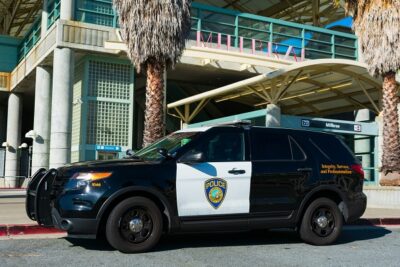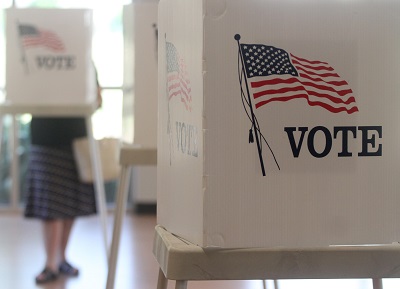CLIMATE CHANGE ACCORD: NEXT STOP, THE BAY AREA
As world leaders reached an historic global climate change accord this week (Dec. 12) in Paris, the Bay Area Council continues its work on regional solutions that can help reduce greenhouse gas emissions and enable a new generation of clean energy technologies. The Council also welcomed an announcement from Paris this week by U.S. Energy Sec. Ernest Moniz and Gov. Jerry Brown that the Bay Area will host energy ministers from the world’s 23 largest economies and the European Commission as they work on implementing any agreement from the Conference of Parties 21 talks. The 7th Clean Energy Ministerial (CEM7) will be held June 1-2 in San Francisco, and the Council is honored to be working with a variety of partners to organize the meetings.
Through our robust housing and transportation policy agenda, the Council is leading efforts regionally to prioritize higher-density infill development near transit and increase investment in clean, efficient transportation systems – including Caltrain electrification, expansion of energy-efficient ferries on the Bay, and usage of commuter shuttles that remove 2 million single-passenger car trips per year from our roads and highways.
Earlier this year, our Bay Area Council Economic Institute released a report – 21st Century Infrastructure: Keeping California Connected, Powered and Competitive – that is guiding our work to enhance energy and communications networks to support increased use of renewable energy and promote greater efficiency and conservation. We’re also focused on reducing the potential impacts of climate change. Another report the Economic Institute released this year – Surviving the Storm – outlined the huge economic costs of extreme storms and helped set the stage for a 2016 regional parcel tax campaign we are leading to increase the Bay Area’s resilience against extreme storms and the threat of sea-level rise.
For information about the 7th Clean Energy Ministerial, contact Genevieve Herreria.





